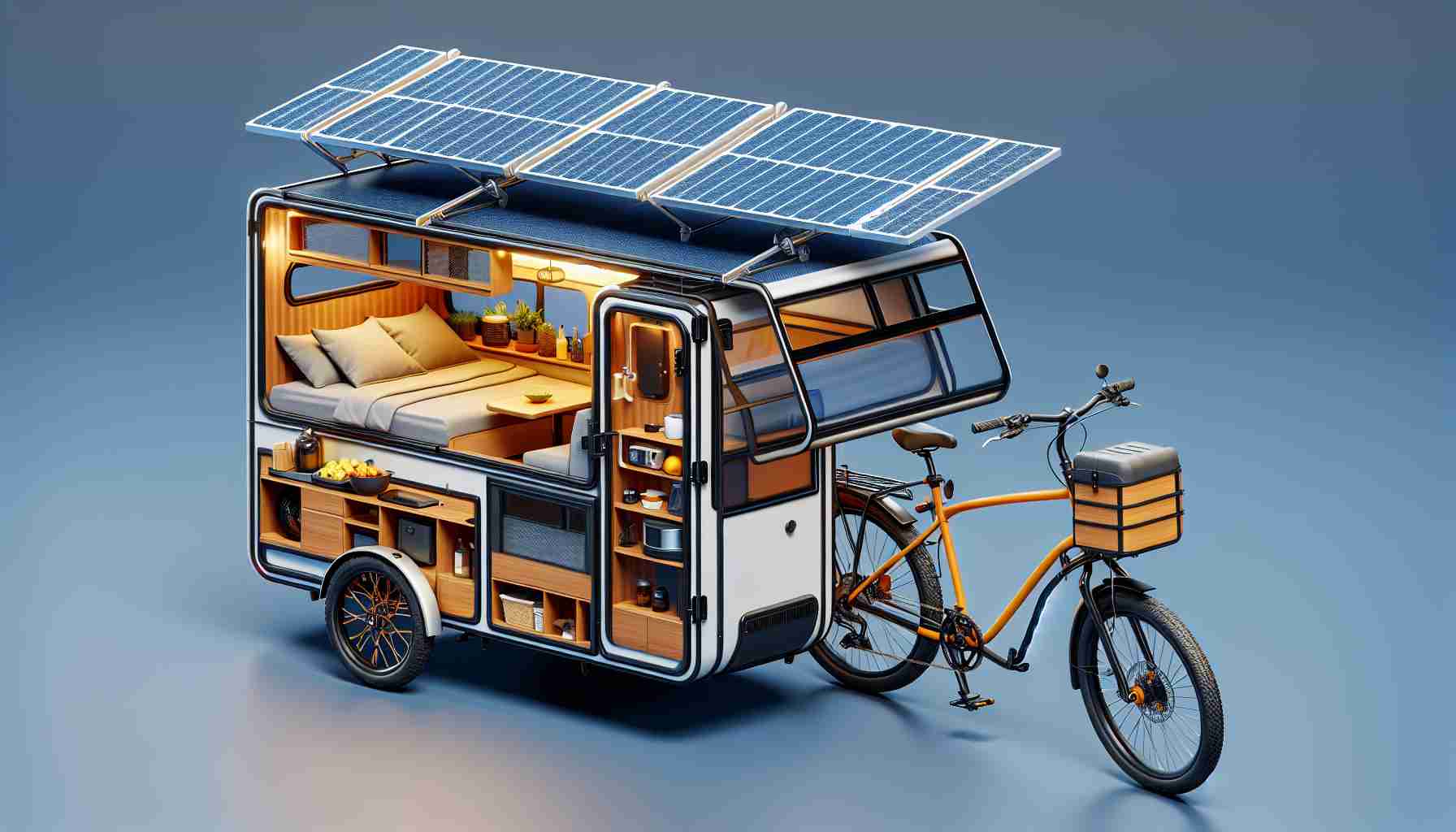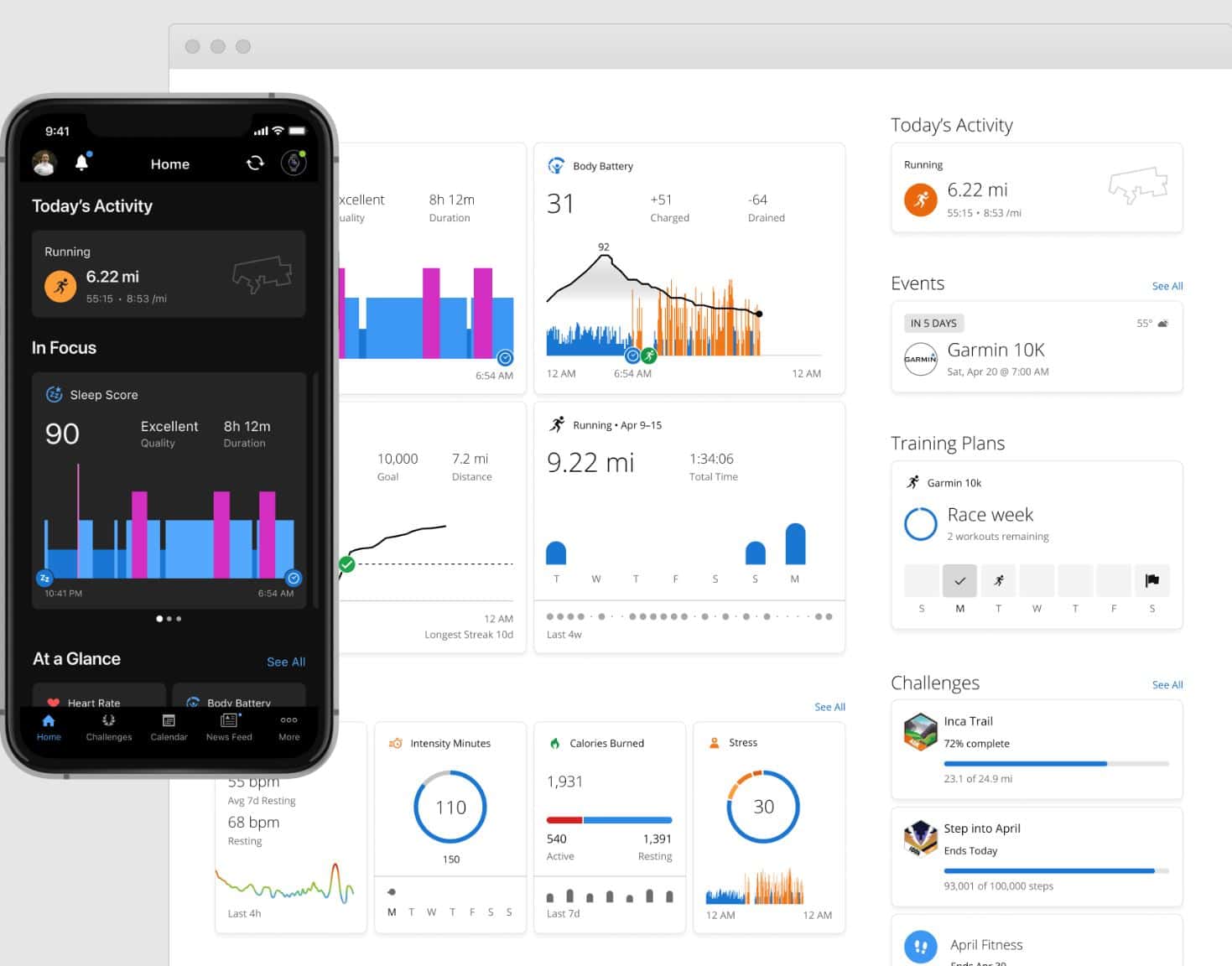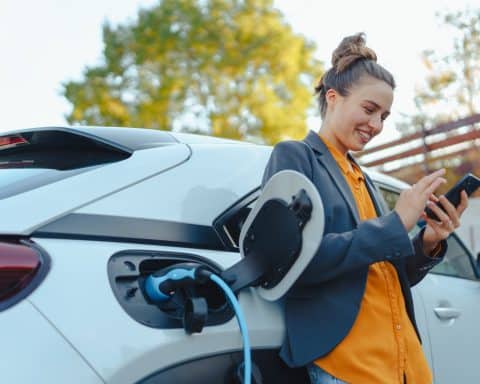Can you use a car battery for solar energy storage? Let’s delve into the practicality and limitations of this idea.
While it might seem like a cost-effective solution, using a car battery for solar energy storage isn’t as straightforward as it appears. Car batteries are designed to deliver a high power output over a short period to start engines, unlike batteries used in solar systems, which must deliver a steady output over a prolonged duration.
Car batteries typically fall under the category of lead-acid batteries, specifically designed for short bursts of intense energy. Their lifespan and efficiency diminish rapidly when used in deep-cycle applications common in solar energy systems. Deep-cycle capabilities are a must for solar storage, where batteries need to withstand repeated charging and discharging without degrading quickly.
On the other hand, solar batteries, such as lithium-ion or deep-cycle lead-acid versions, are optimized for a completely different load profile. They can handle deep discharges and have a longer service life when used in renewable energy setups. Solar batteries are specifically tailored for sustainability, efficiency, and reliability over the long haul.
Using a car battery in a solar setup could lead to inefficient performance, potential system failure, and increased costs due to the frequent need for replacement. While the initial savings might seem tempting, investing in purpose-built solar batteries is a smarter and more sustainable choice in the long run. If you’re serious about solar energy, prioritize dedicated storage solutions over repurposing automotive batteries.
The Surprising Truth About Using Car Batteries for Solar Energy Storage
Harnessing solar energy is a key component of modern sustainable living. However, as people explore the feasibility of tapping into this renewable source, the question often arises: Can a car battery be used effectively for solar energy storage? The answer, while seemingly practical, unfolds a series of considerations that impact efficiency and cost-effectiveness.
Understanding Battery Types: Why Car Batteries Fall Short
While car batteries and solar batteries belong to the broader category of lead-acid batteries, their designs and applications diverge significantly. Car batteries are engineered to deliver high bursts of power for short durations. This is ideal for starting engines but not suitable for the sustained energy needs of solar systems.
In solar energy setups, energy storage batteries like lithium-ion or deep-cycle lead-acid batteries are favored. These solar batteries are optimized to handle continuous charging and discharging cycles, maintaining performance and longevity—qualities that car batteries typically lack.
Pros and Cons: Weighing the Options
– Pros of Using Car Batteries:
– Lower upfront cost compared to specialized solar batteries.
– Readily available for most consumers.
– Cons of Using Car Batteries:
– Short lifespan due to the inability to handle deep cycle discharges.
– Higher long-term costs arising from frequent replacements.
– Reduced efficiency and potential risk of system failure.
Investing in purpose-built solar batteries, although more expensive upfront, avoids these pitfalls and ensures a system that is both efficient and sustainable over time.
Market Trends and Innovations in Solar Energy Storage
The solar energy market has seen a significant shift towards more sophisticated storage solutions. Innovations such as lithium-ion batteries have become the preferred choice due to their excellent deep-cycle performance and decreasing costs. These advancements in technology bolster sustainability initiatives, making solar energy systems more attractive and viable for both residential and commercial applications.
Safety and Sustainability Considerations
Choosing the right battery for solar energy isn’t just about efficiency and cost. Safety and environmental impact also play crucial roles. Solar batteries undergo rigorous testing to meet safety standards and often have built-in features to manage temperature and prevent thermal runaways. Additionally, they are designed for minimal ecological impact, aligning with the broader goals of sustainability.
The Takeaway: Making an Informed Decision
For those serious about adopting solar energy, prioritizing dedicated storage solutions like lithium-ion or deep-cycle batteries over repurposing car batteries is crucial. While car batteries may appear to be an economical solution initially, the practical drawbacks underscore the importance of investing in systems designed specifically for solar applications.
For more comprehensive details on solar energy storage solutions, visit the main domain of renowned solar technology providers such as Tesla.













